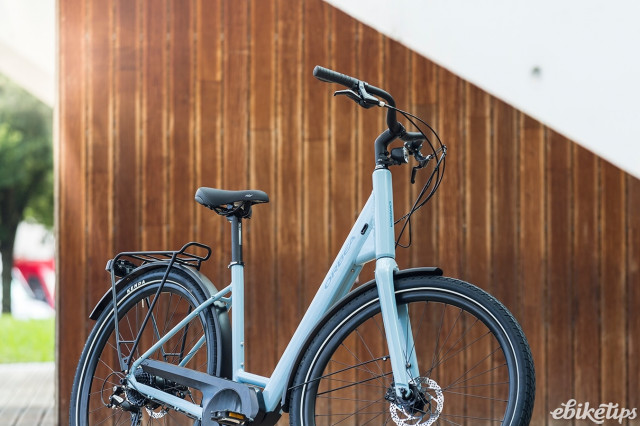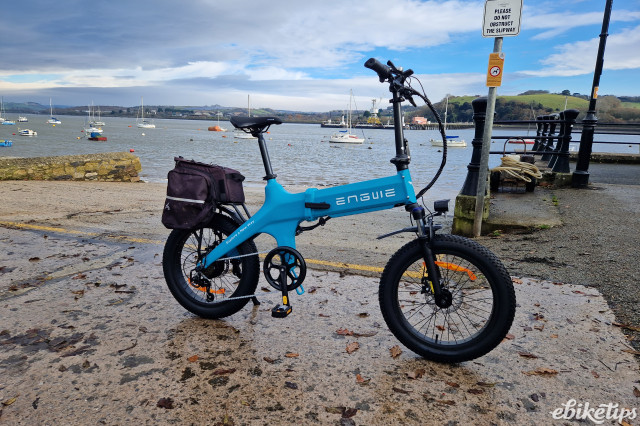Lightwood Strategic have teamed up with Orbea to offer free access to e-bikes for residents of a number of its new developments. The firm says it wants to, “put e-bikes at the heart of any masterplan,” for its future projects.
Lightwood is the firm behind Culm Garden Village in Devon (2,700 new homes), Shapley Heath Garden Village in Hampshire, (5,000+ new homes) and South Wokingham (1,000+ homes).
All new residents in these developments will be offered free access to Orbea e-bikes.
Lightwood and Orbea point out that while local authority investment in cycle routes tends to focus on the areas closest to the city centre, e-bikes make it much easier for people to travel longer distances – potentially opening up cycle commuting to a greater number of people in outer suburbs and even rural areas.
“There is a very real opportunity to slash emissions in UK cities and towns,” explains Lightwood’s director James Sorrentino. “The growth in e-bike usage – and the much greater distance range they offer – opens up commuting into city centres not just for younger, urban dwellers, but for people living at, and beyond, the edge of the city.”
Sorrentino points to Cardiff as an example, where dedicated cycle routes are focused on the inner five kilometres or so on the basis that’s how far most cyclists will normally commute.
“It’s not that most people can’t cycle more than three or so miles on a standard bike,” he says. “It’s just a lot easier, a lot less sweaty, and a lot more people are willing to do it on an e-bike. We can certainly expect people to happily cycle on an e-bike ten kilometres – so double what would be typically expected for a standard bike.
“And, of course, the further people commute, the more they pollute – unless you get them out of their cars. So local authorities should focus on ensuring those cycle routes reach right to the edge of their cities.
“This is not to diminish the role electric cars play in reducing emissions, but when you consider manufacturing, e-bikes use ten times less carbon than e-cars. And electric cars remain out of financial reach for many, if not most, people. So, it really is time to take e-bike commuting seriously.”
Ian Philips, senior research fellow (ESRC Fellowship) in the faculty of environment at the University of Leeds, adds: “The greatest opportunities for carbon reduction are for residents of rural and suburban areas.
“In parts of major city centres, savings are on average around 200kg per person. But in a lot of rural areas, people have the capability to knock 1,000kg off their transport carbon by switching to e-bike use from cars.
“Not everyone in every community could make use of an e-bike, but in many rural and suburban communities, there are many people who are physically capable of replacing over 5,000 kilometres of car use each year.”
Sorrentino concludes: “As a developer we have totally revisited our approach, and now put e-bikes at the heart of any masterplan for our new developments.
“This is partly about the practical things: ensuring we provide bike routes that connect to the wider cycle and road network; ensuring e-bikes are available within a short walk of all homes; ensuring there is a sufficient number of well-maintained e-bikes for all users; providing free use of e-bikes to make it affordable for all residents, so it is equitable; providing bike hubs at key public transport points, like nearby train stations and key bus stops.
“But it’s also about creating and nurturing a culture where that community thinks it as normal to hop on an e-bike as it is to jump on a bus or train. And where there is a shared pride in reducing emissions. That can be supported through cycle clubs, cycle workshops, cycle cafes, engaging signage etc.
“We’re even looking at providing free off-road e-buggies for less abled people to enjoy the open spaces and parkland designed into our schemes.”





